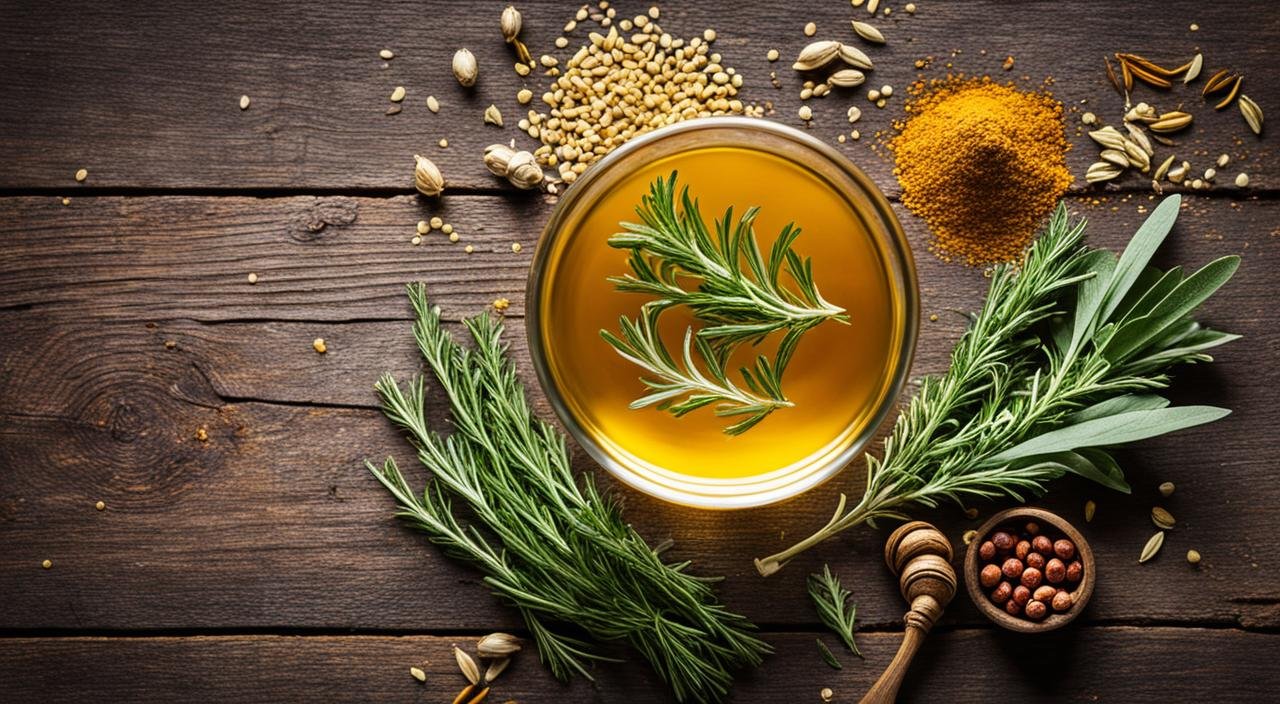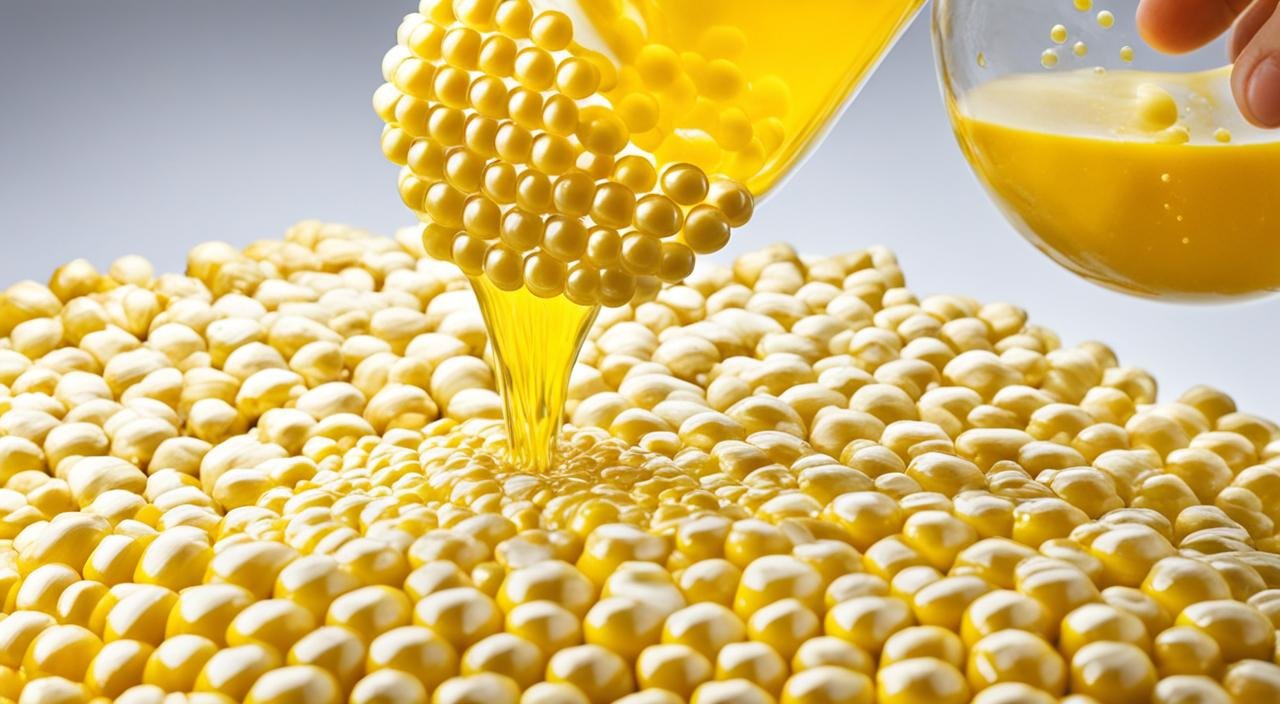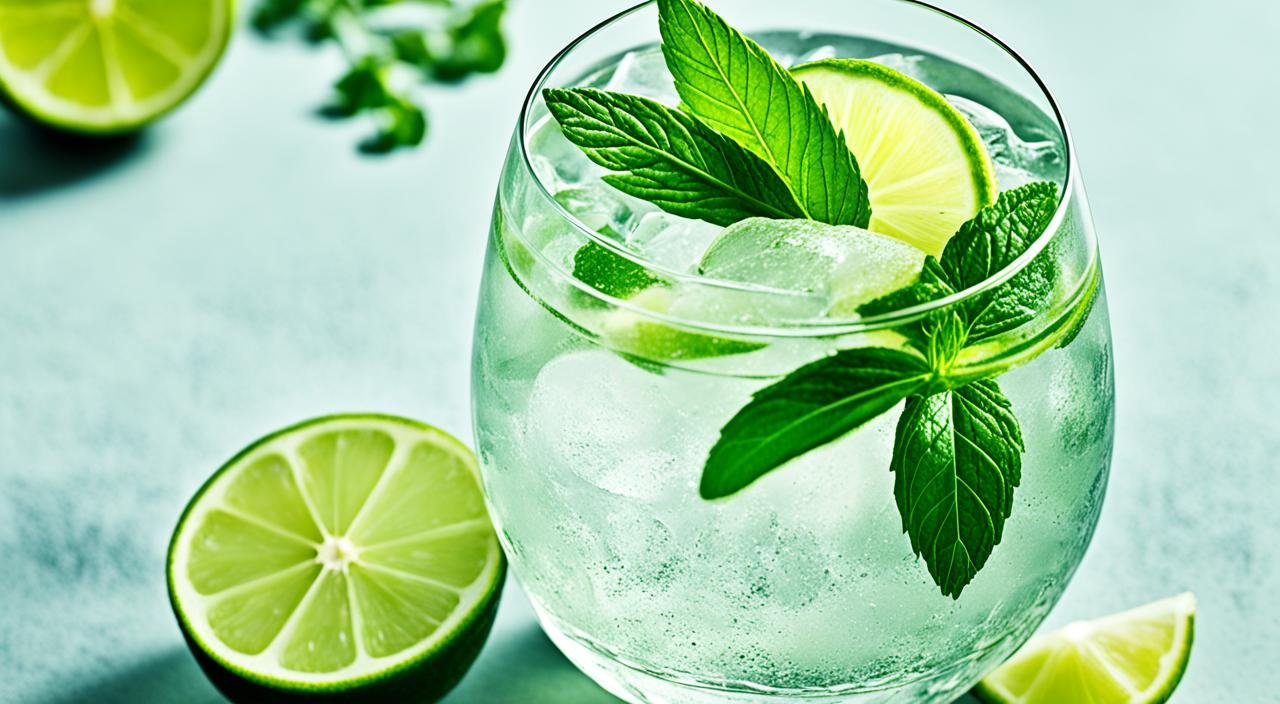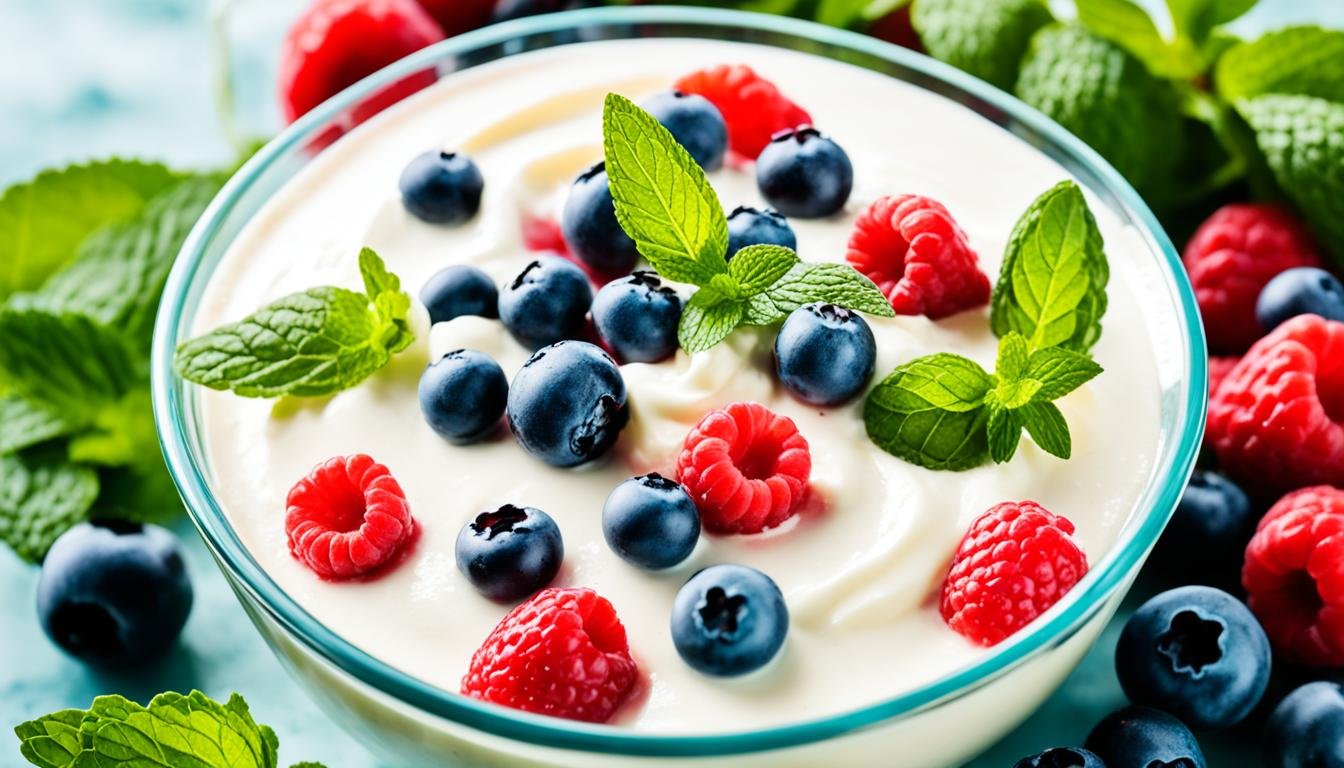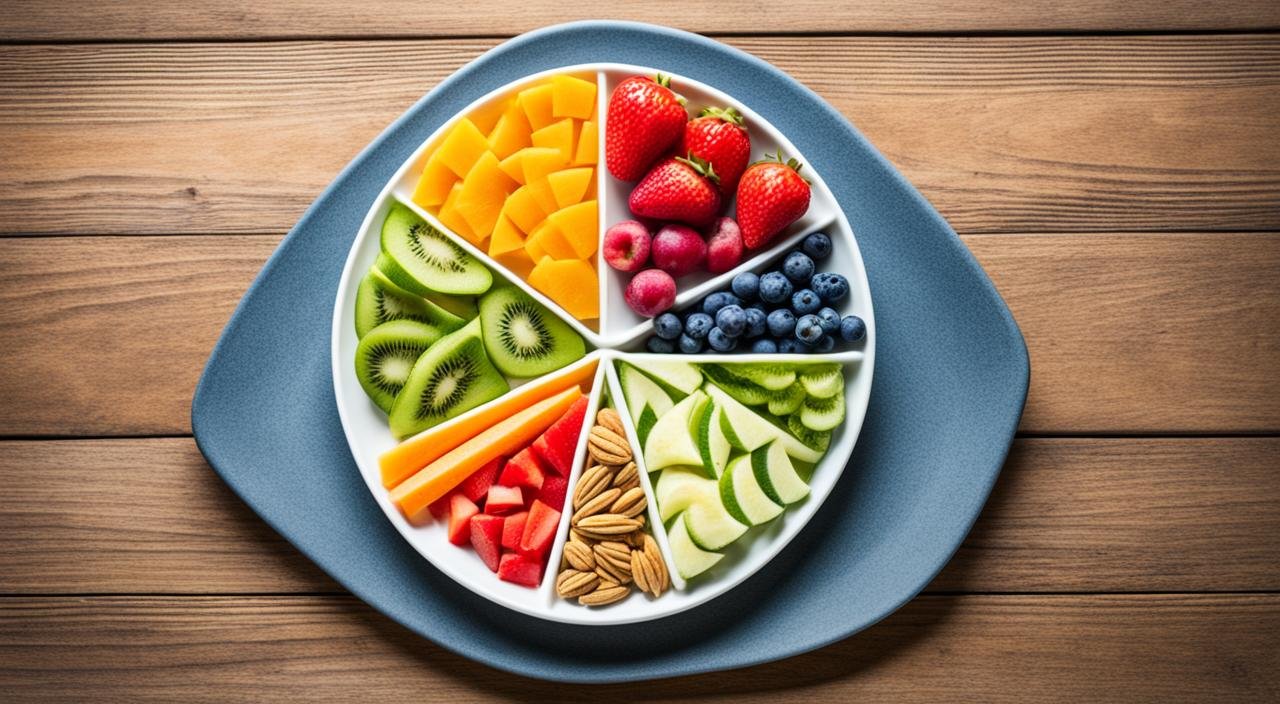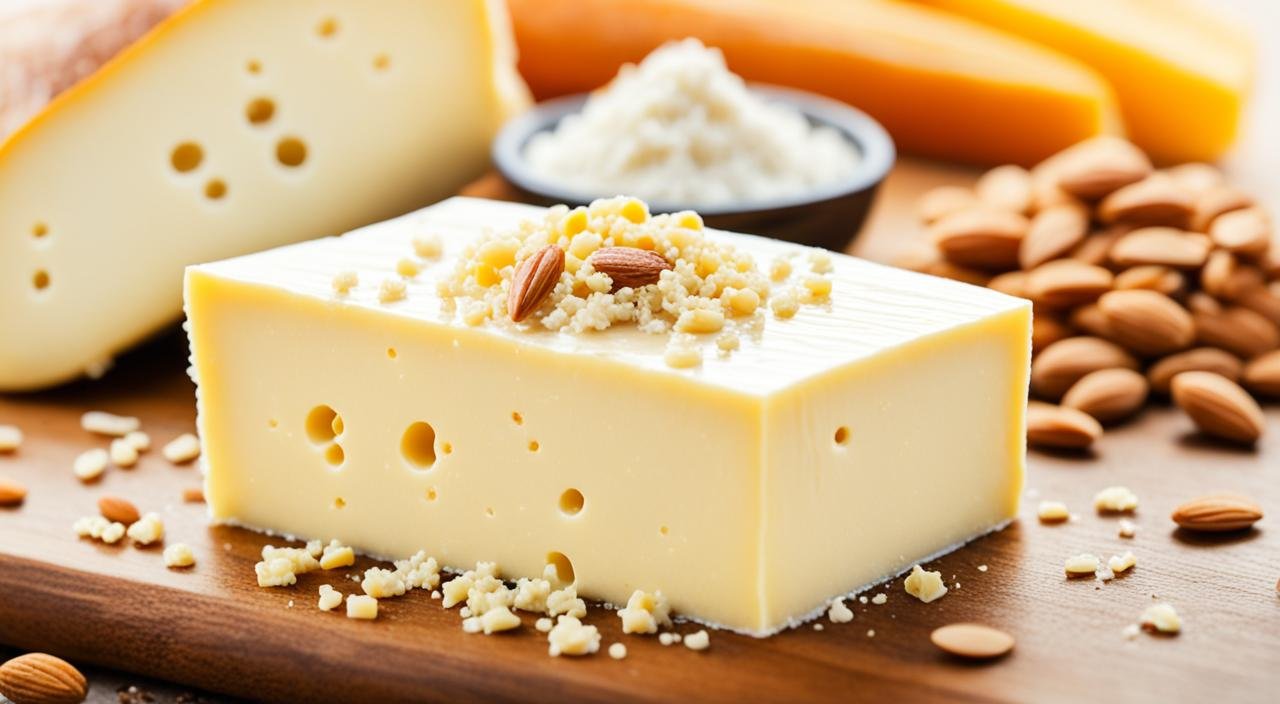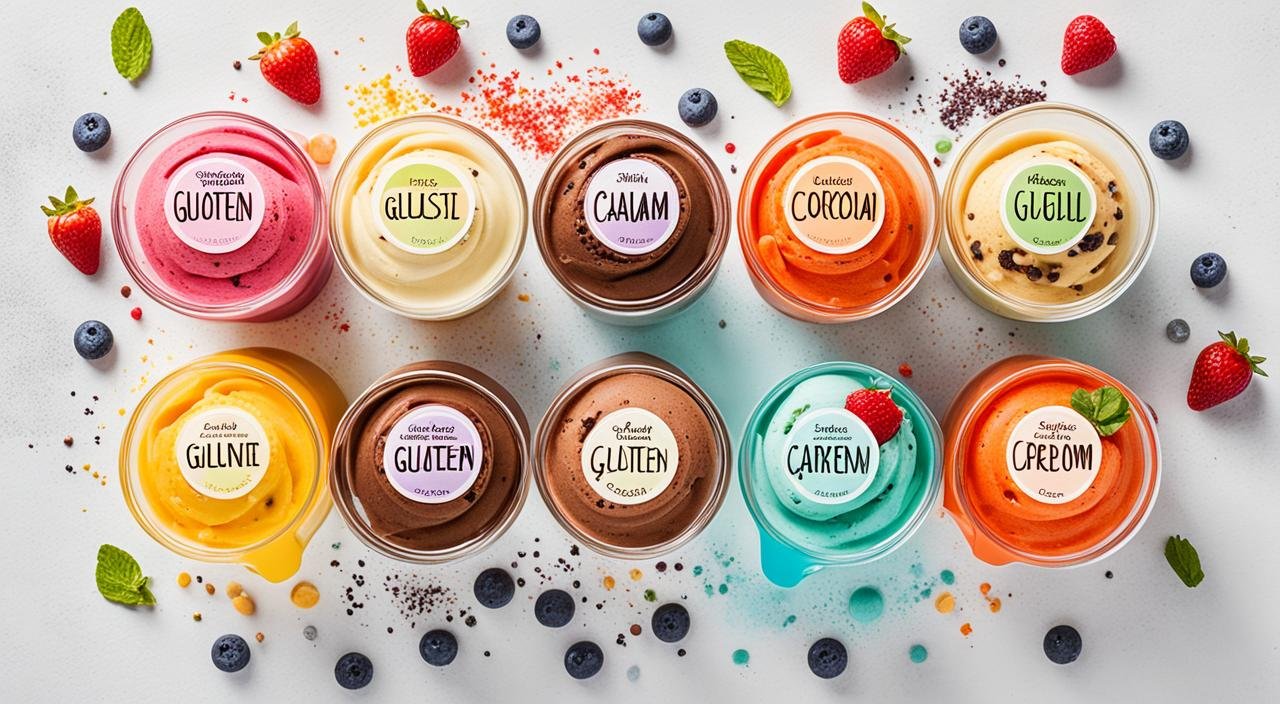Many bourbon fans wonder: is bourbon gluten free? Really!!! It’s made with grains like wheat, barley, and rye. This makes some people with gluten issues worry. They might have celiac disease or be sensitive to gluten.
Key Takeaways
- Bourbon must be made with at least 51% corn, which doesn’t have gluten.
- The distilling process removes gluten proteins, so bourbon is thought to be gluten-free.
- People with gluten issues should watch out for cross-contamination risks.
- The FDA doesn’t make bourbon label as gluten-free, but brands can if they meet certain rules.
- Clear labels help consumers make safe choices about bourbon’s gluten content.
Understanding Bourbon
Bourbon is a famous American whiskey with a long history. It started in Kentucky in the 18th century with settlers’ early distilling. This spirit is known for its unique taste and making process.
History and Origins
Pioneers in Kentucky made bourbon possible with the land’s corn and good climate. Over time, bourbon became known for its quality and taste.
Defining Bourbon Characteristics
To be called bourbon, it must meet certain rules. It needs at least 51% corn in the mix, be distilled to 160 proof or less, and aged in new, charred oak barrels. These rules help make the bourbon ingredients and shape the whiskey’s taste.
Bourbon Production Process
- Fermentation: First, a mix of grains like corn, rye, and barley is fermented.
- Distillation: Then, the mash is distilled, often twice or three times, to make the distilled spirits pure and concentrate the alcohol.
- Aging: After that, the bourbon goes into new, charred oak barrels for at least two years. This is when it gets its color, flavor, and smell.
Every step in making bourbon is important for its final taste. This makes bourbon a special and loved gluten-free liquor for people all over the world.
Gluten and Distillation
Many people wonder, “Is bourbon gluten-free?” It’s important to know how gluten and distillation are linked. Gluten is a protein in wheat, rye, and barley. These grains are used in making bourbon. For those with celiac disease or gluten intolerance, bourbon can be safe.
Basics of Gluten
Gluten is hard for some people to digest. It can cause serious health issues for those with celiac disease or gluten sensitivity. Knowing how bourbon is made helps us understand if it has gluten.
Distillation and Gluten Removal
The distillation process removes gluten from bourbon. Gluten doesn’t vaporize during distillation. Most bourbon is gluten-free because distillation removes gluten, making it safe for a gluten-free diet.
Scientific Perspective on Distillation
Scientists say distillation should remove gluten, making bourbon gluten-free. But, there’s a risk of gluten contamination in facilities that handle wheat, barley, or rye. This is why people with celiac disease or gluten intolerance should be careful. Some bourbons might have gluten from additives added later. Always check labels or do your homework.
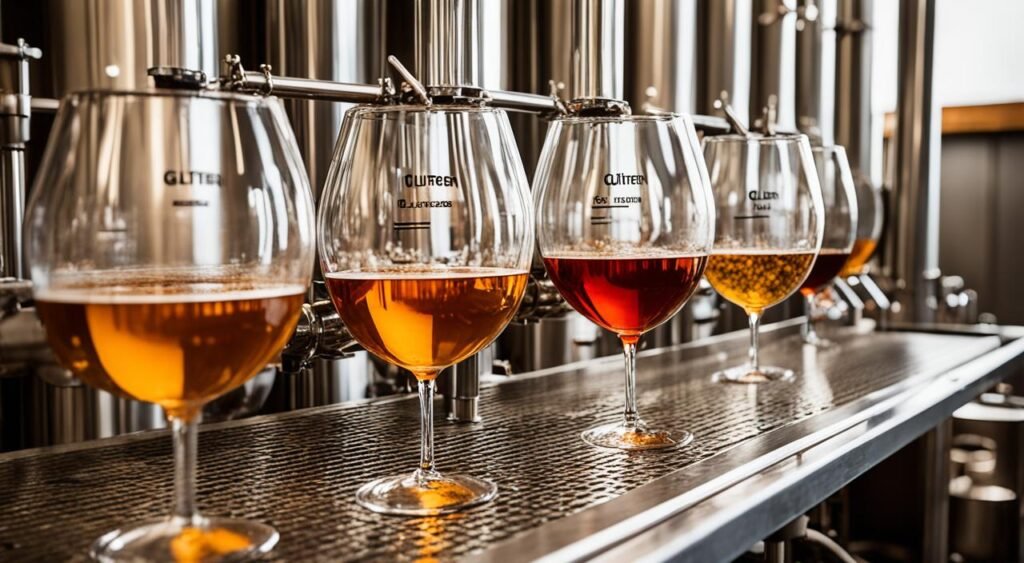
Gluten-Free Diet and Alcohol
For people on a gluten-free diet, it’s key to know which alcohols are safe. The distilling process usually removes gluten proteins. But, you must watch out for added ingredients that could have gluten.
While enjoying your gluten-free bourbon, you might want to pair it with some delicious gluten-free snacks. Our gluten-free onion rings recipe makes for a perfect crispy accompaniment to your favorite bourbon. For a lighter option, consider trying one of our gluten-free salad ideas, which can balance out the rich flavors of the bourbon while keeping your meal entirely gluten-free.
Alcohol in a Gluten-Free Lifestyle
About 20% to 30% of Americans eat gluten-free or have in the past. This choice is often because of celiac disease. It’s a condition where gluten can cause big immune reactions. So, finding gluten-free alcohol is important for these people.
Identifying Gluten-Free Beverages
- Most wines and distilled spirits, like gluten-free bourbon, are safe. This is because distilling removes gluten proteins.
- Vodkas made from potatoes, rum, and tequila are good choices for avoiding gluten in drinks.
- Sorghum whiskeys, such as Old Sugar Distillery’s Queen Jennie or Koval Millet Whiskey, are gluten-free for whiskey fans with dietary needs.
- Beers with less gluten may not be labeled gluten-free. So, they’re not a good choice for strict gluten-free diets.
To find gluten-free alcohol, check the labels. Know how distilling works. And, look for brands that make sure their products are gluten-free.
| Beverage Type | Gluten-Free Status |
|---|---|
| Wine | Generally gluten-free |
| Distilled Spirits (e.g., bourbon, vodka, rum, tequila) | Generally gluten-free |
| Gluten-Reduced Beer | Not recommended for strict gluten-free diets |
| Sorghum Whiskey | Gluten-free alternative for whiskey lovers |
Regulations and Labeling
Is bourbon gluten-free? It’s key to know the rules and how labels work for spirits. The Alcohol and Tobacco Tax and Trade Bureau (TTB) is in charge of these things in the U.S.
Government Standards for Spirits
The TTB says distilling removes gluten from drinks. But, they don’t make spirits like bourbon say they’re gluten-free. Bourbon makers can say it’s gluten-free if it meets TTB and FDA rules.
Labeling Practices and Consumer Safety
Many bourbon brands use grains like corn, rye, and barley, which have gluten. But, people with celiac disease or gluten issues should be careful. The TTB doesn’t make spirits say they’re gluten-free. Always check the label or ask the distillery about gluten.
The TTB says products with gluten must say they’re made to remove gluten. They also say it can’t be proven all gluten is gone. This helps people with gluten issues know what they’re drinking.
International Regulations
Even though distilling removes gluten, people with celiac or severe gluten issues should be careful with bourbon. Always drink in moderation because too much can be bad for your health.
It’s a real mixed bag when it comes to international rules on gluten-free labeling for bourbon. The European Union is playing it fast and loose, allowing all distilled spirits to be labeled gluten-free. Canada’s singing from the same hymn sheet as the US. But Australia? They’re tough as nails, not allowing gluten-free labels on spirits made from gluten grains. This global patchwork of rules has created a real pickle for bourbon lovers traveling abroad. As one globe-trotting bourbon enthusiast put it, “Figuring out gluten-free bourbon options around the world is like trying to hit a moving target!”
Is Bourbon Gluten Free?
Is bourbon gluten-free? Yes, it usually is. The making of bourbon removes gluten proteins from the grains. This makes it safe for people with celiac disease or gluten sensitivity.
Bourbon comes from corn, with some rye and malted barley. These grains have gluten, but the high heat of distillation breaks it down. So, bourbon doesn’t have gluten.
- Bourbon must have at least 51% corn, which is gluten-free.
- The rest can be rye and malted barley, but distillation removes gluten.
- Brands like Jack Daniel’s Tennessee Whiskey are gluten-free because of distillation.
But, some people with celiac disease or gluten sensitivity might still react to bourbon. This could be from cross-contamination or added gluten ingredients. Always check with the maker and read labels before drinking.
| Gluten-Free Bourbon Options | Ingredients |
|---|---|
| James F.C. Hyde Sorgho Whiskey | 100% American-grown gluten-free sorghum |
| KOVAL Bourbon Whiskey | 51% corn, 49% millet (both gluten-free grains) |
| New Southern Revival Sorghum Whiskey | 100% sorghum (a naturally gluten-free grain) |
| Queen Jennie Sorghum Whiskey | 100% sorghum (a naturally gluten-free grain) |
| Still 630 S.S. Sorghum Whiskey | 100% Missouri sorghum (a naturally gluten-free grain) |
Bourbon Brands and Gluten Content
If you love bourbon but have gluten sensitivities or celiac disease, you’ll want to know about its gluten content. Bourbon is made from grains like wheat, rye, or barley. But the distilling process removes gluten, making most bourbons safe for a gluten-free diet.
Popular brands like Maker’s Mark, Knob Creek, Jim Beam, Bulleit, and Buffalo Trace are usually gluten-free. But, always check with the maker. Some flavored or colored bourbons might have gluten.
For a gluten-free bourbon, try brands made from 100% corn. This includes Balcones Texas Blue Corn Bourbon, FEW Sarah Shook & The Disarmers Blue Corn Bourbon Whisky, Hudson Baby Bourbon Whiskey, New Southern Revival 100% Jimmy Red Corn, and Yellow Rose Outlaw Bourbon.
| Bourbon Brand | Gluten-Free? | Notes |
|---|---|---|
| Maker’s Mark | Yes | Made from 70% corn, 16% winter wheat, 14% malted barley |
| Knob Creek | Yes | Made from 75% corn, 13% rye, 12% malted barley |
| Jim Beam | Yes | Made from 75% corn, 13% rye, 12% malted barley |
| Balcones Texas Blue Corn Bourbon | Yes | Made from 100% blue corn, a gluten-free grain |
| Yellow Rose Outlaw Bourbon | Yes | Made from 100% corn, a gluten-free grain |
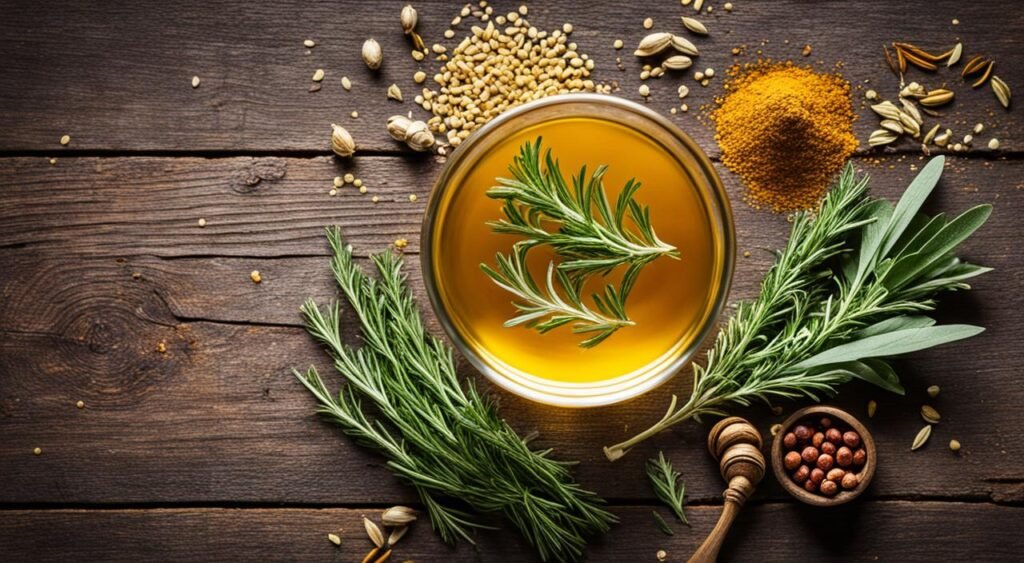
Most distilled spirits, including bourbon, are gluten-free. But, always check with the maker or a doctor if you have a severe gluten issue. With more people choosing gluten-free, there are now more bourbon options for those who love its taste.
If you’re wondering about other alcoholic beverages, check out our list of alcoholic beverages that contain gluten.
For those looking for gluten-free alternatives, we’ve compiled a comprehensive list of gluten-free vodkas.
Beer lovers, don’t worry! We’ve got you covered with our gluten-free beer list.
Gluten Testing Methods in Distilleries
Distilleries are leaving no stone unturned when it comes to gluten testing. The ELISA test is so sensitive it can detect gluten at 3 parts per million – that’s like finding 3 pennies in a million-dollar pile! Mass spectrometry is even more precise. To put it in perspective, if gluten were a fish, ELISA could find it in a pond, but mass spectrometry could spot it in Lake Michigan.
Comparison with Other Whiskeys
Here’s a nutshell comparison: Bourbon must be at least 51% corn, while Scotch is often 100% barley. Irish whiskey is a mixed bag, using barley, corn, and wheat. Japanese whisky is the new kid on the block, sometimes using rice. A blind taste test in 2018 found that only 30% of regular whiskey drinkers could tell the difference between bourbon and other whiskeys. As they say, the proof is in the pudding – or in this case, in the glass!
Personal Stories: Living Gluten-Free with Bourbon
John, a 45-year-old teacher from Kentucky, remembers the day he learned he could still enjoy bourbon: “It was like finding a needle in a haystack! I thought my bourbon days were over, but learning about gluten-free options was music to my ears.” Sarah, a 32-year-old nurse, had a different experience: “I was shaking like a leaf the first time I tried bourbon after my celiac diagnosis. But as they say, nothing ventured, nothing gained. Now I can enjoy a glass without any issues.”
Bourbon Tasting Guide for Gluten-Free Options
As the old saying goes, “Good bourbon is like a warm hug for your insides.” When tasting, remember the “4S” method: See, Swirl, Smell, Sip. Did you know that bourbon gets 60% of its flavor from the oak barrels it’s aged in? That’s why you might taste hints of vanilla or caramel. As Mark Twain once quipped, “Too much of anything is bad, but too much good whiskey is barely enough.”
Gluten-Free Bourbon Cocktail Recipes
The Old Fashioned has been around since the 1800s, proving that old is gold when it comes to bourbon cocktails. For a modern twist, try the Kentucky Mule. It’s been said that “Bourbon makes everything better,” and these cocktails might just prove that point. Fun fact: The Bourbon Sour was created in the 1860s by a ship captain who added citrus to bourbon to prevent scurvy among his crew.
History of Gluten-Free Bourbon Production
The gluten-free boom hit the US like a ton of bricks in the early 2000s. By 2006, the gluten-free food market was worth $900 million. Fast forward to 2020, and it had skyrocketed to $4.3 billion! This massive growth made bourbon producers sit up and take notice. As one distiller put it, “We had to separate the wheat from the chaff when it came to gluten concerns.”
Expert Opinions on Bourbon and Gluten
Dr. Smith, a celiac researcher with 20 years of experience, says, “In my practice, about 95% of celiac patients tolerate bourbon well.” He adds, “It’s not one size fits all, though. Each person should test the waters carefully.” Master Distiller Johnson, who’s been making bourbon for 30 years, shares an interesting tidbit: “Our copper stills are like giant gluten zappers. They’re so effective that if you put a slice of bread in with the mash, you wouldn’t find a speck of gluten in the final product.”
Comparison with Other Whiskeys
Here’s a nutshell comparison: Bourbon must be at least 51% corn, while Scotch is often 100% barley. Irish whiskey is a mixed bag, using barley, corn, and wheat. Japanese whisky is the new kid on the block, sometimes using rice. A blind taste test in 2018 found that only 30% of regular whiskey drinkers could tell the difference between bourbon and other whiskeys. As they say, the proof is in the pudding – or in this case, in the glass!
Gluten Testing Methods in Distilleries
Distilleries are leaving no stone unturned when it comes to gluten testing. The ELISA test is so sensitive it can detect gluten at 3 parts per million – that’s like finding 3 pennies in a million-dollar pile! Mass spectrometry is even more precise. To put it in perspective, if gluten were a fish, ELISA could find it in a pond, but mass spectrometry could spot it in Lake Michigan.
International Regulations
It’s a real mixed bag when it comes to international rules on gluten-free labeling for bourbon. The European Union is playing it fast and loose, allowing all distilled spirits to be labeled gluten-free. Canada’s singing from the same hymn sheet as the US. But Australia? They’re tough as nails, not allowing gluten-free labels on spirits made from gluten grains. This global patchwork of rules has created a real pickle for bourbon lovers traveling abroad. As one globe-trotting bourbon enthusiast put it, “Figuring out gluten-free bourbon options around the world is like trying to hit a moving target!”
Conclusion
Bourbon is usually gluten-free because of how it’s made. The distillation process removes gluten proteins. But, people with celiac disease or gluten sensitivity should be careful when picking and drinking bourbon. There’s a chance of gluten getting in or added later.
Knowing about the rules, labels, and gluten-free bourbon brands helps whiskey fans enjoy their drinks safely. Certified gluten-free bourbons are tested to make sure they have low gluten levels. This makes them a good choice for those avoiding gluten.
There are other gluten-free drinks like wine, cider, tequila, and rum too. These can be good substitutes for bourbon for people with celiac disease or gluten sensitivity. But, everyone’s body reacts differently. So, it’s key to talk to health experts or dietitians about what’s best for you.
I’m Dr. Shivani, a Kolkata-based nutritionist since 2015. After 10 years of igniting a love for healthy eating in young minds as a High School nutritionist teacher, I now help individuals unlock their full potential through personalized diet plans. My passion for writing and sharing nutrition knowledge (through blogs and observations) keeps my practice fresh and fuels my love for the field!

